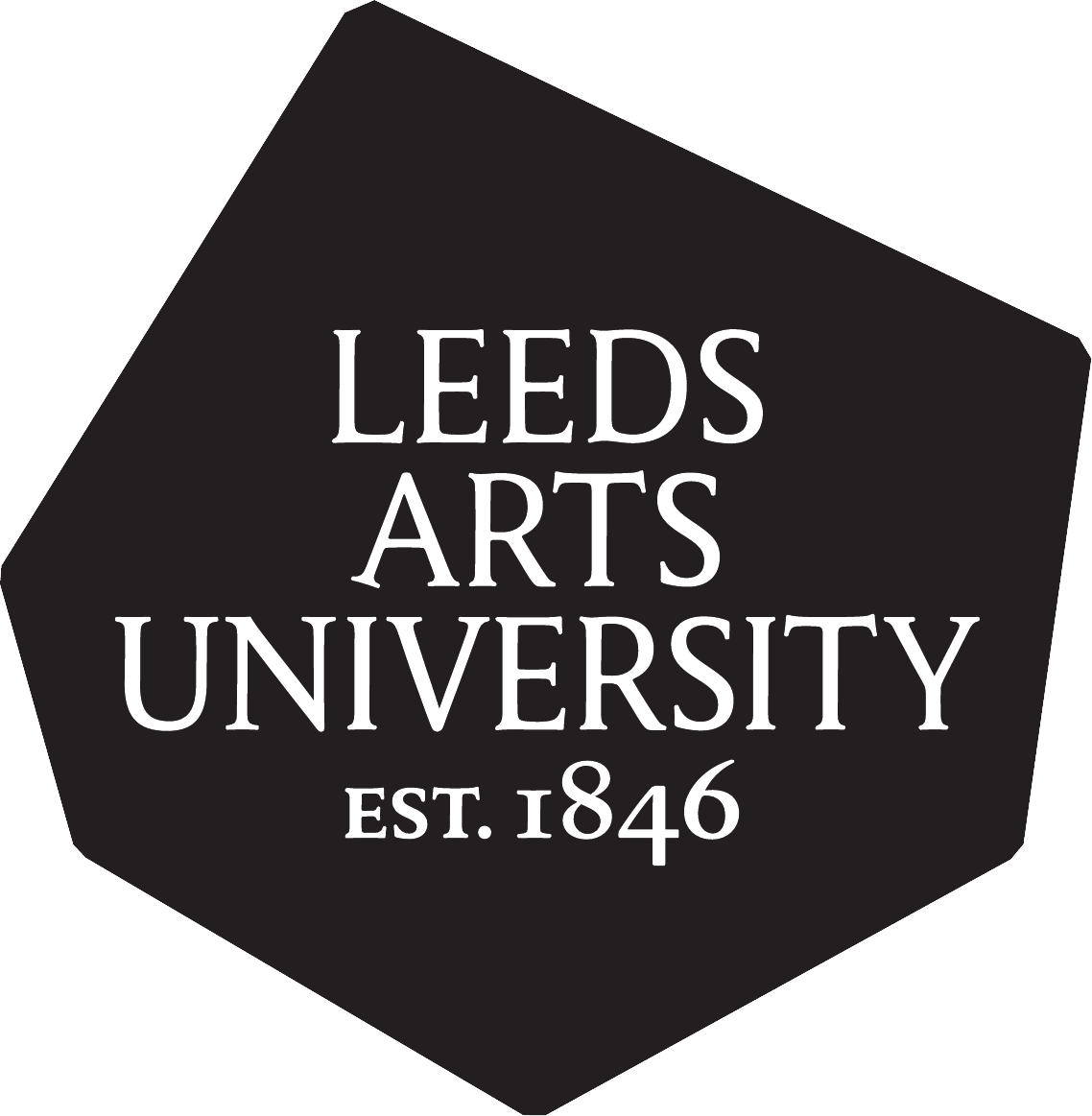Porto Marghera: working class environmentalism
Tsionki, Marianna 
Abstract
The output is a chapter in an edited book through which Tsionki has discussed long-term consequences of industrial activity in Porto Marghera, Venice. The process involved research into the historical and socio-political conditions around the development of the industrial zone and a closer look into working-class movement and Operaismo (Workerism). In a misperceived safe distance from the historic city of Venice, the industrial complex of Porto Marghera was developed in the 1920s focusing primarily on the petrochemical sector. Throughout the years the zone saw exponential growth resulted in a detrimental destruction of the surrounding ecosystem (non-human and human-workers, inhabitants). In the 1990s strict environmental regulations were introduced to reduce soil and groundwater contamination but despite the restrictions the lagoon is still affected by nonbiodegradable pollutants, which contribute to the accumulation of phytoplankton blooms and in turn can cause major environmental problems. This essay discusses the impact of modernity and industrialisation in the area touching on issues of toxicity, health and labour conditions while challenging the notion of economic progress. The essay focuses on working class environmentalism, a term that is not widely discussed within the historical analysis of trade unions, with an important contribution around the way Operaismo and the labour movement in Italy incorporated environmentalism as part of their major demands. The essay is published as part of the Venice and the Anthropocene: an ecocritical guide.
Actions (login required)
 |
Edit Item |

